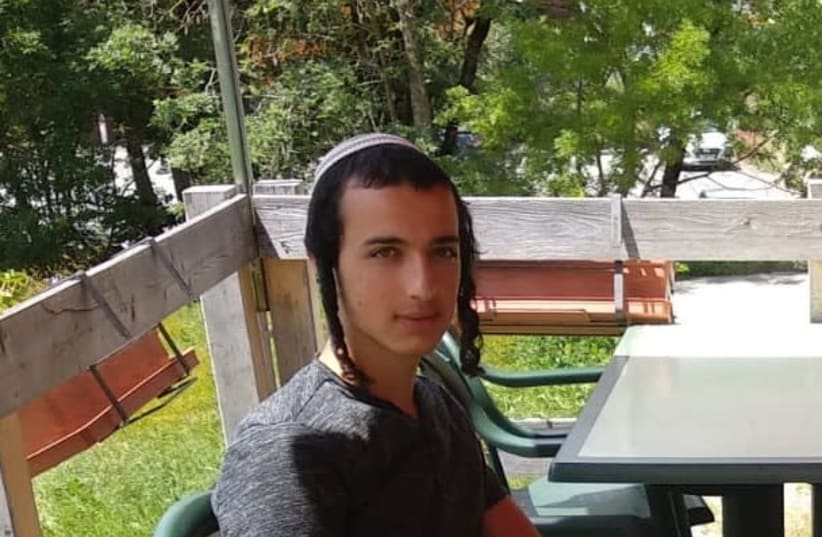Father of murdered Ofra teen: I’m glad he never saw his killer’s faces
In a statement Yoav Sorek issued Saturday night after learning that his son’s killers had been captured, he said, “we thank the security forces for quickly capturing the terrorists."
